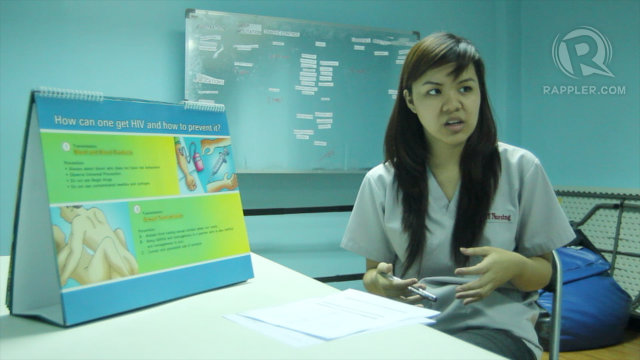SUMMARY
This is AI generated summarization, which may have errors. For context, always refer to the full article.

I might have HIV…. You may too.
But neither of us would know for certain unless we both get tested.
After covering the Dance Against HIV event last week to celebrate World Aids Day, I made the decision to go get myself tested for HIV. It seemed like the logical thing to do, given my susceptibility as a young, sexually active woman in a growing demographic of HIV cases.
But I was surprised by some of mixed reactions I faced from those within my own social circle.
I come from Canada, where sex and sexual health is something people talk about openly. You’re no more likely to face stigma for going to the clinic than to say to someone you’ve never had an STI test in your life. So why should it shock anyone that I should choose to take the test any more than if I should not to? It is, after all, the responsible thing to do.
In doing my preliminary research, I was dismayed by the discourse around the rising HIV numbers in the Philippines. There’s been a lot of focus on the prevalence of the disease in MSM communities and certain high-risk occupations, but I think spotlighting these narrow points detracts the public from a larger and scarier truth: HIV does not discriminate.
Whether you’re gay, straight, woman, man, young, old, Filipino or Canadian, you are at the same risk of being infected by HIV. And telling yourself that you don’t engage in “at-risk behavior” is lying to yourself that you might be carrying the virus and be unintentionally hurting yourself and the people you love.
People often think these sorts of scary diseases would never happen to them. But in terms of your sexual health, you CANNOT be ignorant.
Clichés aside, knowledge is power. Why else should the numbers of infected persons with HIV continue to rise, when we’ve known exactly how the disease is transmitted and can be prevented?
According to a United Nations AIDS report, an estimated 34.2 million people around the world are living with the disease. And many of them probably still don’t even know that they’re carrying the virus. It’s a scary and alarming truth, and it should be. In the end, apathy will be worse than fear if it prevents you from seeking help.
And how convenient, I even made a video to show you the steps. – Rappler.com
Add a comment
How does this make you feel?

There are no comments yet. Add your comment to start the conversation.